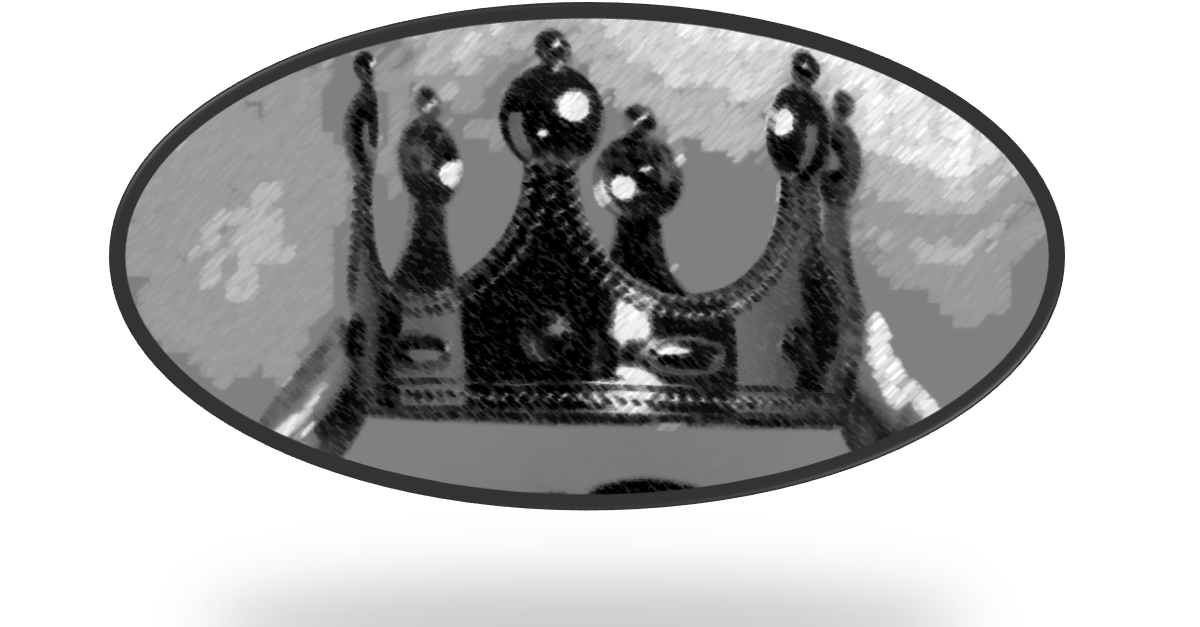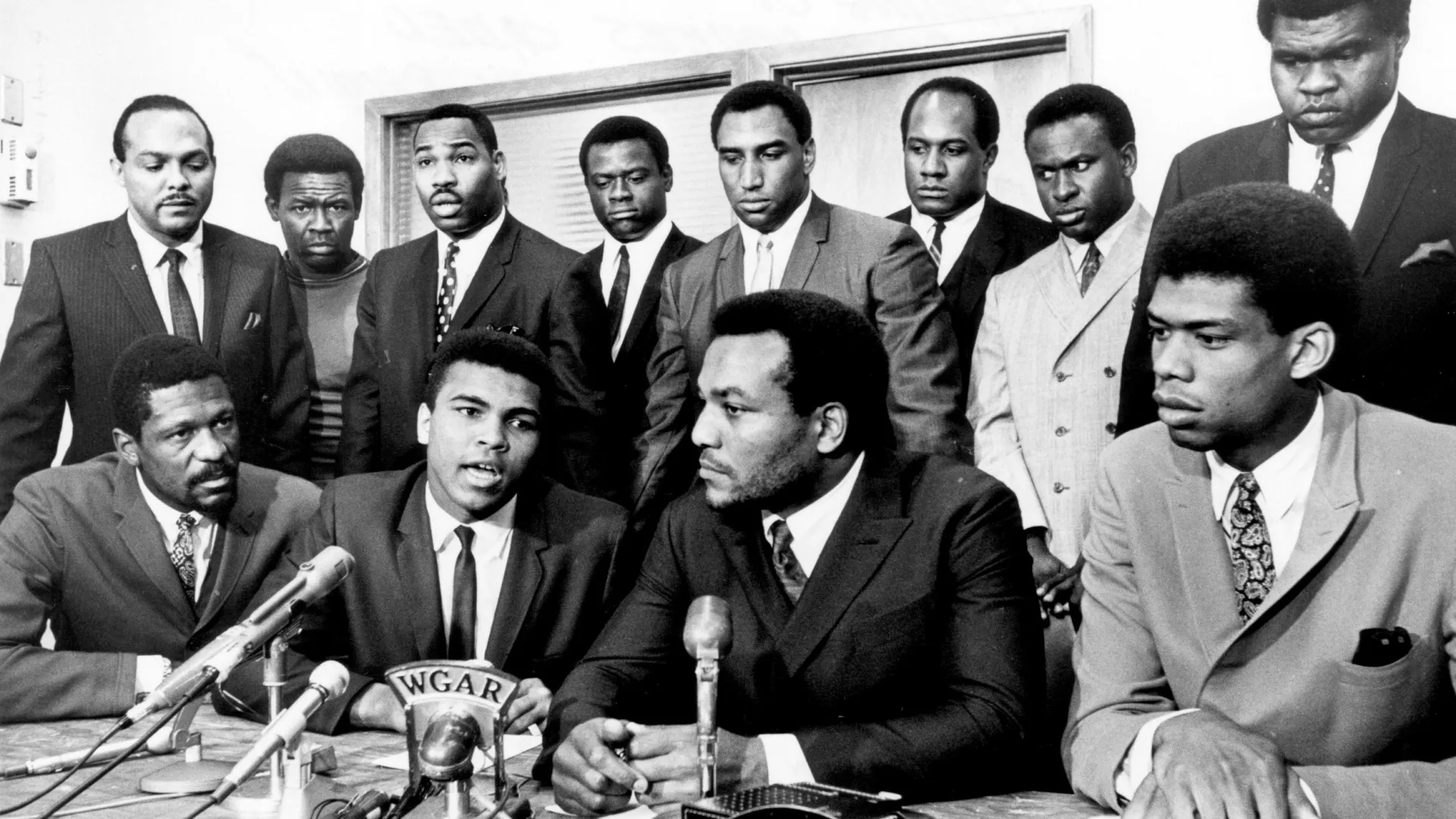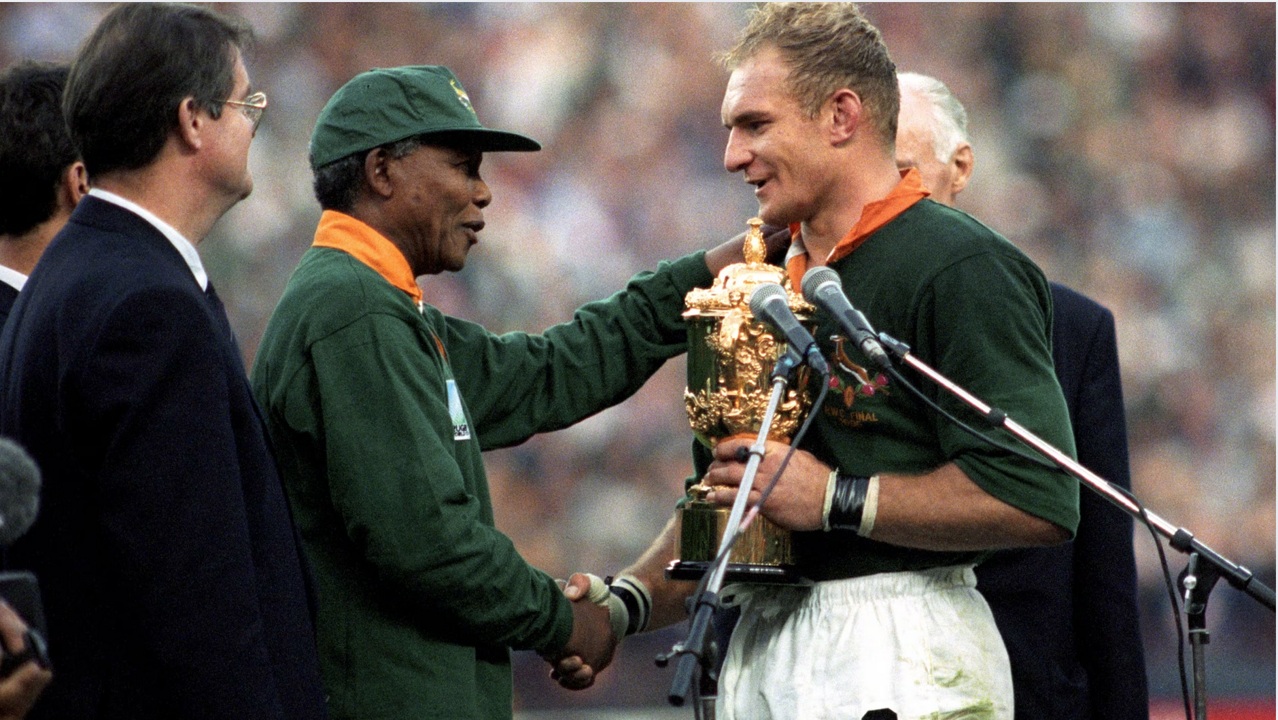
Useful Leadership Trait 1: Judgement
“Uneasy lies the head that wears the crown”

Decision-making is an inescapable function for any and every leader.
The direction and desired speed of travel; the allocation of resources across competing objectives; recruiting, promoting, directing, reprimanding and rewarding the right personnel; the appropriate language and tone of voice for differing situations and audiences; the settling of internal disputes; the best response to a crisis.
These are just some of the decisions that leaders face all the time.
The best and most experienced leaders are very deliberate about building – and empowering – strong teams around and underneath them. Empowering their team to make more decisions achieves the dual outcomes of easing the burden on the leader and building organisational resilience. The leaders’ willingness to delegate should be a non-negotiable trait for any organisation in pursuit of sustained success.
Yet even these leaders can’t escape the decision-making imperative that comes with their position: no matter how good and empowered their management team is, the most critical organisational decisions still fall at the feet of the “oga at the top”.
Uneasy indeed, doth the leader’s head lie.

Just ask Bob Iger.
The seasoned and venerated business leader has been at the centre of a storm since 18 September when ABC broadcast network announced that it was indefinitely “pre-empting” the Jimmy Kimmel Live! show. The decision was an attempt to placate disgruntled stakeholders – two of ABC’s major operational partners and the chairman of the USA’s broadcast regulator – who had taken exception to some of Kimmel’s statements a few days earlier.
Iger is the CEO of Disney, ABC’s parent company. While Iger possibly did not make the call to suspend the show, it is almost inconceivable that a move of such import was not cleared with him first.
The decision to placate a handful of important stakeholders backfired, spectacularly and almost immediately. Within days, it was reported that Google searches for the phrase “how to cancel Disney subscription” had risen by 10,000%. Concurrently, $4bn was wiped off the company’s market valuation.
It took Disney less than one week to reverse the decision and return Jimmy Kimmel Live! to its customary place in the broadcast schedule. The original disgruntled stakeholders backed down and the bumper viewer numbers the show received upon returning suggest that Disney’s customers might forgive the firm.
However, Iger and his leadership team are under fire from shareholders upset about the fall in the share price and calls remain for him to be relieved of his duties. Iger was Disney’s CEO from 2005 to 2020 and oversaw a period of significant growth for the firm. He returned to the position in 2022 at the behest of the company’s Board of Directors.
When the dominant feature of your job description is making decisions, the most important skill to develop and lean into is Judgement: the ability, when faced with competing objectives & incompatible stakeholders, to assess the situation, review what evidence there is and select the course of action that finds the right balance between the organisation’s immediate challenges and its long-term strategic goals.
Iger has a solid track record as leader of Disney. He has an experienced senior management team supporting him. Yet he made what hindsight showed to be a very significant error of judgement. The importance of this leadership trait cannot be overstated.
 Image: Flaticon.com
Image: Flaticon.com
So … how do I improve my judgement?
Don’t stop learning – the wiser we become, the better our judgement gets. A wider knowledge base gives us more reference points to use in analysing situations.
Spend time with smart people – A single conversation with a wise man is better than 10 years of study” (Chinese proverb)
Surround yourself with smart people – a well-established leadership maxim, as true today as it ever was
Be Deliberate about Diversifying your relationships – the more diverse the people in your orbit, the broader the range of perspectives and insights you expose yourself to, the greater the reference points you acquire for evaluating situations.
Hire a Diverse team – see above.
Back your people – dedicate the time to getting to know your key people. This will help you figure out which decisions you should delegate, to whom and why they are better placed than you are to make that call.
Rotate your Contrarian – Having a contrarian on the team helps to counteract groupthink. However, having just the sole contrarian will eventually backfire: you and the team will learn to tune them out – because “Bob always disagrees” – and the constant isolation will disenfranchise Bob. Rotating responsibility for suggesting contrary views around your team will avoid this and help individuals improve their own judgement skills.
Run regular scenario testing exercises with your people – military and sports teams maintain their edge through the continuous repeat of drills to allow them perform routine tasks at peak efficiency. The very best teams go a step further and frequently throw in exercises to test and hone their ability to respond to non-standard situations
Work with a good coach – you can find me here



